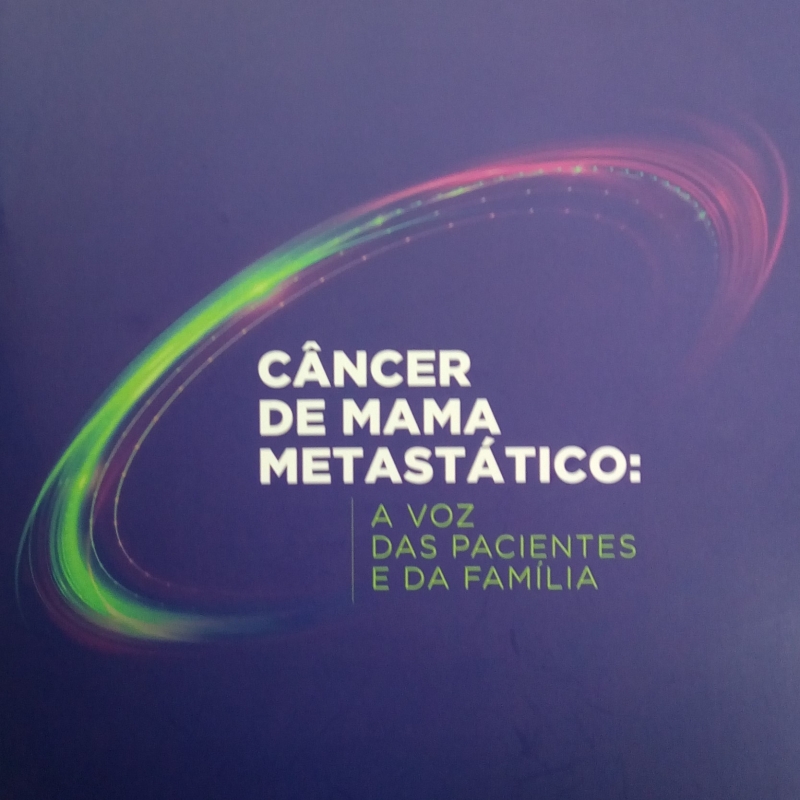By Pfizer’s initiative, a study was carried out with patients and relatives in relation to metastatic breast cancer. The goal was to assess the full context of the diagnosis of advanced cancer, including work, family, sexuality and motivation. Interviews were conducted with patients and relatives from Rio de Janeiro, São Paulo, Belo Horizonte, Salvador, Recife, Fortaleza, Curitiba and Porto Alegre.
About the diagnosis
In the patients' view, the predominant feeling at the time of diagnosis was fear. By the other hand, regarding those patients’ relatives, it was the sadness. The most mentioned feelings in the research were sadness, fear, and insecurity. The family members who support the patients most are the partners and children.
The family, in addition to giving support, is also a source of motivation. So, 92% of patients said they want to control cancer so they can continue to care for their families.
Transformation
A diagnosis of advanced cancer brings many transformations in the lives of all the people involved. According to the patients, the main negative change is having to stop working and not be able to travel often with their families. On the other hand, the most positive change mentioned was the improvement in feeding.
Relevance
This research has great relevance because, in the past, the perspectives and therapies were very limited for metastatic patients. However, new treatments are emerging that bring greater chances of cancer control and long-term survival. This makes possible for patients to improve their quality of life so that they can live longer and better with their families.
Source: Pfizer

